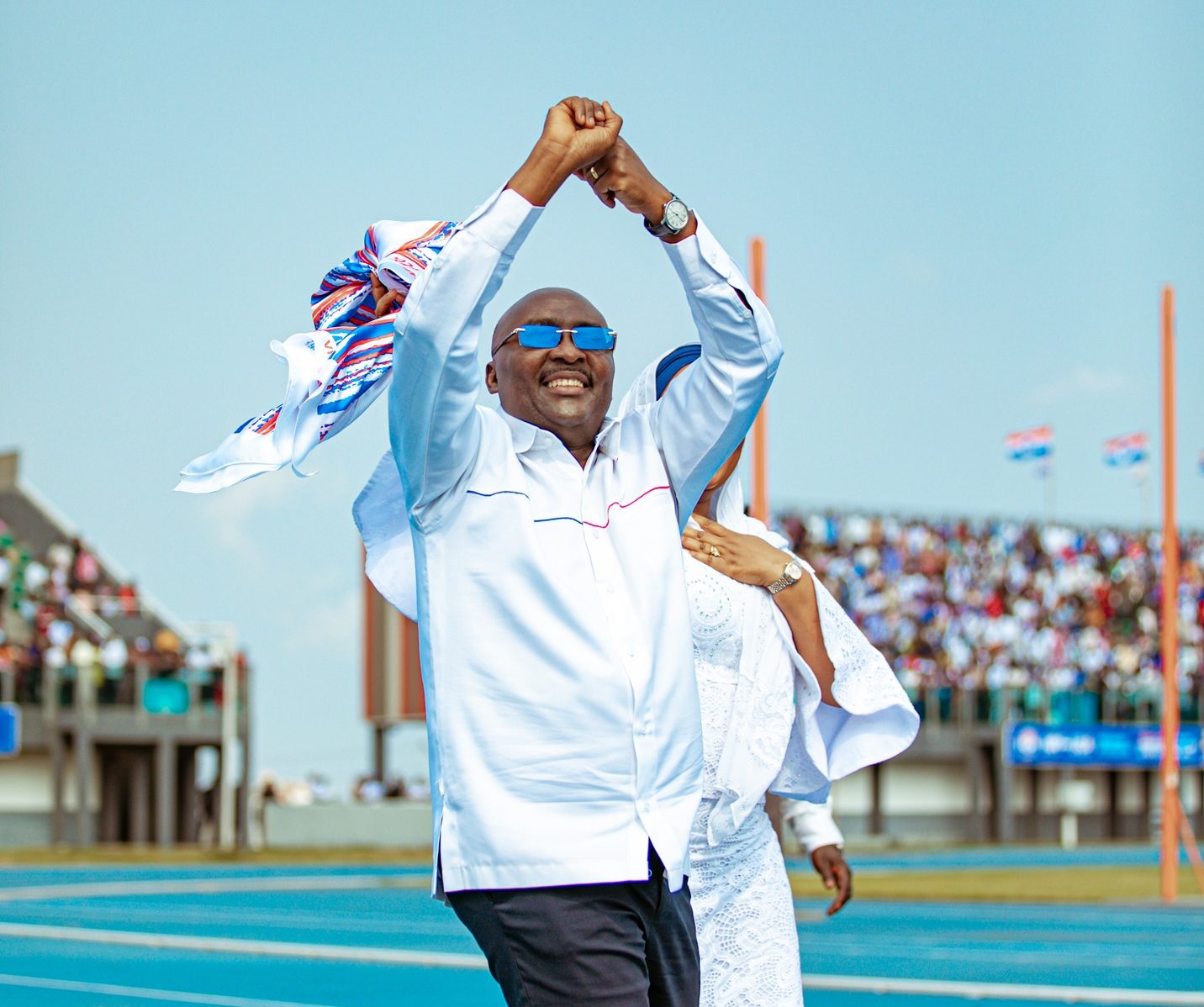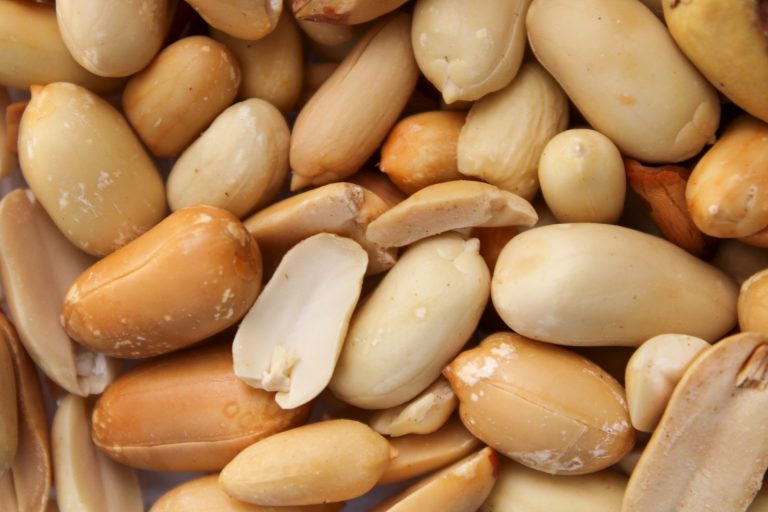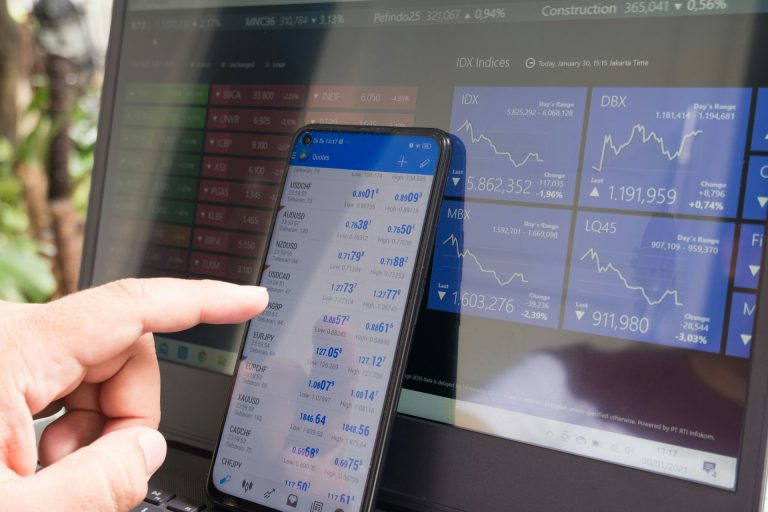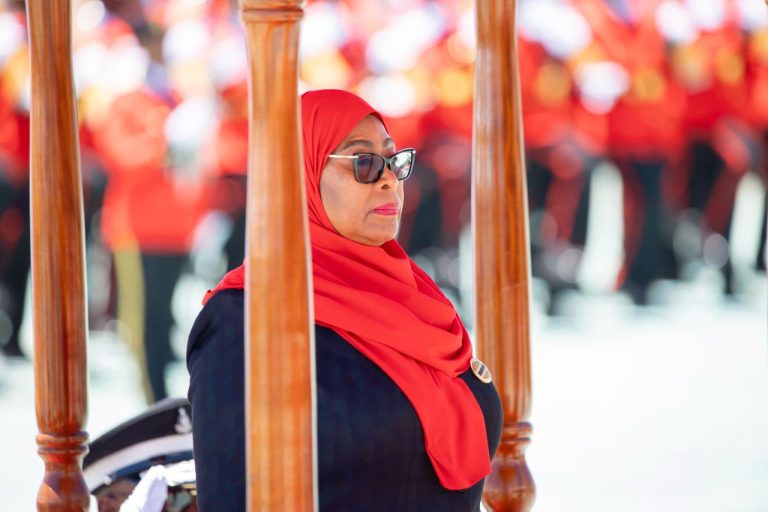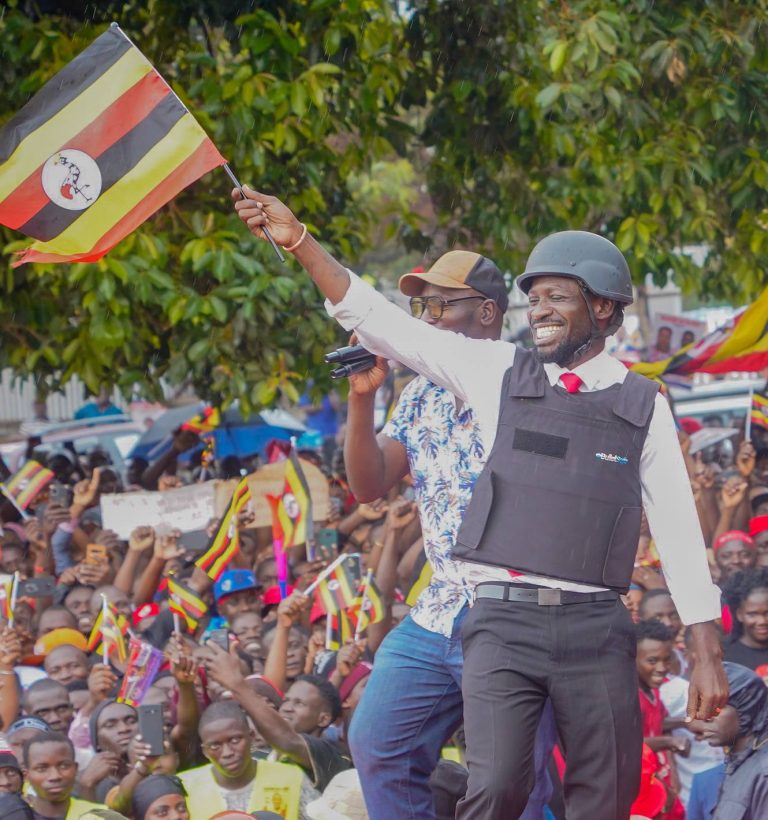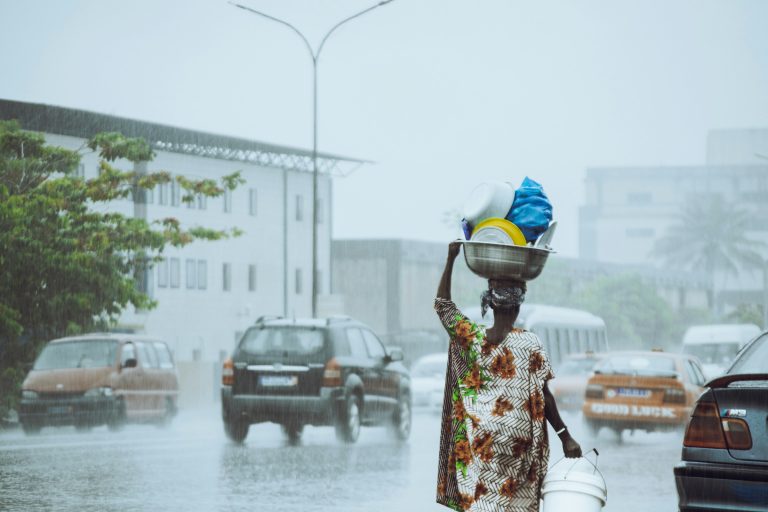- Former veep Bawumia leads in grassroots polling
- Outcome hinges on delegate engagement
ACCRA, GHANA – A political communications strategist Bernard Tutu-Boahen, asserts that Ghana’s former Vice-President Mahamudu Bawumia is the clear front-runner in the opposition New Patriotic Party’s (NPP) presidential primaries.
But he warns the result will ultimately hinge on the candidates’ messaging and their final appeals to delegates.
Dr Tutu-Boahen said consistent ground-level data positions Bawumia ahead, with controversial former lawmaker Kennedy Ohene Agyapong running second.
“The data we have from the grassroots continues to point to the same pattern – Bawumia maintains a lead over the others, with Kennedy Agyapong in second place,” Tutu-Boahen told Allen Dreyfus.
“We are not seeing a close contrast at the moment. There is still a margin, and unless something changes drastically, that margin looks quite steady.”
Other flagbearer hopefuls include former general secretary Kwabena Agyei Agyepong, former agriculture minister Bryan Acheampong, and former education minister Yaw Osei Adutwum. The primaries are scheduled for 31 January 2026 – a contest widely seen as crucial for shaping the NPP’s strategy ahead of Ghana’s 2028 general election.
Stakes, fairness, and delegate dynamics
Dr Tutu-Boahen expressed confidence that the party will conduct a fair process, distancing Bawumia personally from control of the election mechanics:
“I don’t think there will be problems if the process is conducted in the spirit of accountability and fairness,” he said.
“This is not Dr Bawumia’s show – it’s the party’s process. Nobody should hold him responsible for anything.”
He added that many delegates are seasoned party members who already hold preferences:
“Many delegates have already made their choice, while others are still forming their decisions. But ultimately, it will be about your message, your vision, and how you conduct yourself that will determine how well you do,” Dr Boahen explained.
“One of the key variables we found is that your ability to communicate your vision and connect with the grassroots matters a lot.”
In support of internal transparency, the NPP’s Presidential Elections Committee will carry out nationwide album verification from 20 to 31 October 2025, to authenticate the party’s voter register. Also, the balloting for positions on the primary ballot has been completed: Kennedy Agyapong drew the first slot, Bryan Acheampong the second, Bawumia the third, Adutwum the fourth, and Agyei Agyepong fifth.
The NPP, meanwhile, has issued warnings to aspirants to refrain from insults or personal attacks during the campaign, urging debate to centre on policies and vision.
Political context in Ghana
Ghana’s dominant political duopoly, between the NPP and the National Democratic Congress (NDC), has been rattled by wider public frustrations over economic stagnation, high inflation, and growing debt. In recent national elections, the NDC reclaimed parliamentary dominance and took the presidency, signalling the electorate’s appetite for change.
Adding complexity, Alan Kyerematen has launched a new political bloc, the United Party, aiming to challenge the traditional NPP–NDC divide. Political analysts see this as a potential spoiler or disruptor in future elections, particularly among disillusioned voters.
Under this pressure, the NPP’s internal contest is not merely about choosing a flagbearer. It is a test of relevance, cohesion, and adaptability. For Bawumia, the early lead gives him momentum – but it does not guarantee victory. The next weeks will test whether his campaign can convert grassroots support into delegate votes.
If the primaries go as Dr Tutu-Boahen’s data suggests, Bawumia may walk away as the NPP’s standard-bearer. But if other aspirants manage to sharpen their messaging, engage delegates smartly, or exploit fissures, the margin he now enjoys could narrow dramatically.
